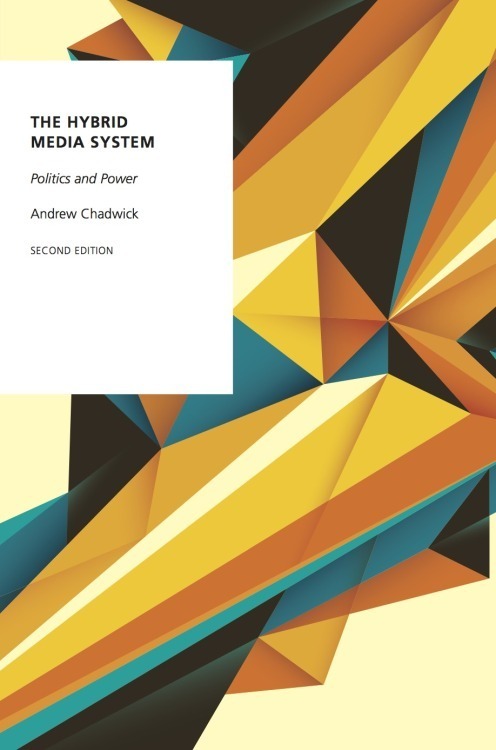New Article Now Out in Media, Culture & Society: A Primary Definer Online: the Construction and Propagation of a Think Tank’s Authority on Social Media
/I have a new article out (co-authored with Nick Anstead) in Media, Culture & Society (in their Online First section)
Here’s the abstract:
Who has power in the construction of economic news in the United Kingdom? Are social media reshaping how this power is enabled? We examine the public Twitter interactions between journalists, political elites and, what is arguably the United Kingdom’s most important think tank, the Institute for Fiscal Studies (IFS), during the 2015 UK general election campaign. Combining human-coded content analysis and network analysis of Twitter discourse about the IFS during a 38-day period, we explain how and why the authority of this think tank is being translated to social media. We develop a new, social media theory of ‘primary definers’ and show how the political authority on which such roles rest is co-constructed and propagated by professional journalists and political elites. Central to this process is a behaviour we conceptualize and measure: authority signalling. Our findings call into question some of the more sanguine generalizations about social media’s contribution to pluralist democracy. Given the dominance of public service broadcasters in the processes we identify, we argue that, despite the growth of social media, there can be surprising limits on the extent to which contemporary media systems help citizens gain information about the assumptions underlying economic policy.
Keywords
austerity, authority signalling, economic policy, journalism, news, power, social media
This project was an opportunity to explore a puzzle that I’ve been pondering during many years of watching political coverage in the UK, but especially since the 2008 financial crisis and the Great Recession: why is it that the IFS is treated with almost universally reverential coverage by elite media in Britain? How and why does this work across digital media and broadcast media? And what are the implications for British democracy?
A second article is in progress (co-authored with newpolcom PhD students Declan McDowell-Naylor, Amy P. Smith, and Ellen Watts) examining the discursive authority signalling of the IFS in a sample of 130+ hours of broadcast news during the 2015 election.
This research was made possible by funding from the British Academy and the Leverhulme Trust, to whom I’m most grateful for support.
If you’re at the ICA conference in San Diego next week, I’ll be presenting on this topic on Monday at 2.15 in the Hilton Bayfront Hotel, Room Indigo 206, 2.
Link to my Articles page, where you can access the piece in published and pre-print versions.




